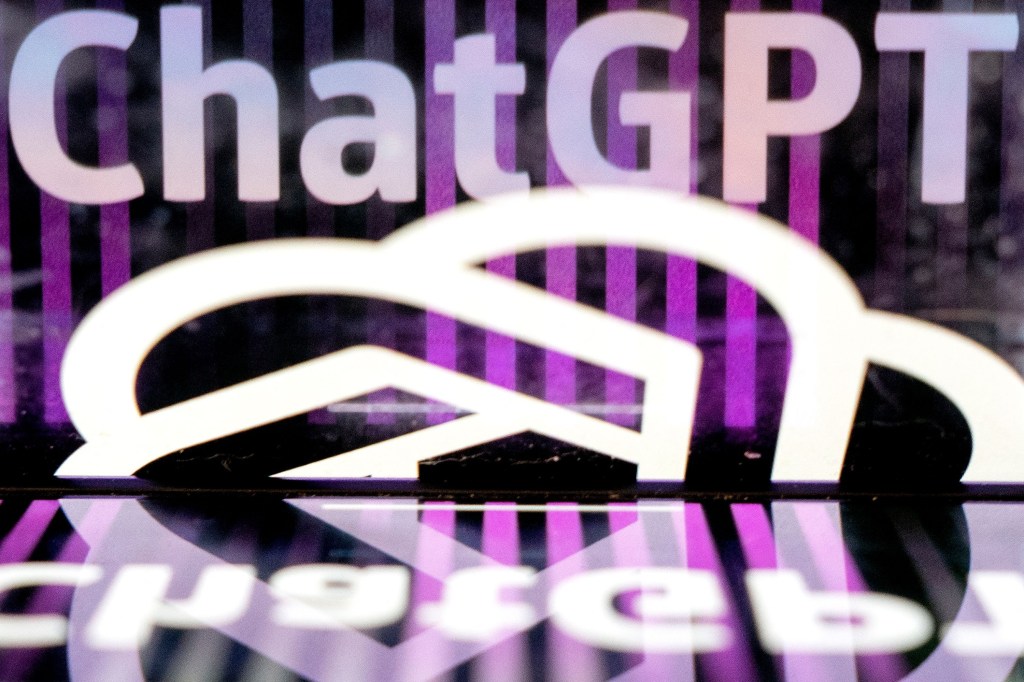If the startup OpenAI is feeling protective about its brand lately, it’s understandable. ThreatGPT, MedicalGPT, DateGPT and DirtyGPT are a mere sampling of the many outfits to apply for trademarks with the United States Patent and Trademark Office in recent months.
All are piggybacking off the stunning popularity of ChatGPT, the chatbot rolled out in November by OpenAI that itself is built off the company’s deep learning model, the latest release of which, GPT-4, was rolled out last month.
Little wonder that after applying in late December for a trademark for “GPT,” which stands for “Generative Pre-trained Transformer,” OpenAI last month petitioned the USPTO to speed up the process, citing the “myriad infringements and counterfeit apps” beginning to spring into existence.
Unfortunately for OpenAI, its petition was dismissed last week. According to the agency, OpenAI’s attorneys neglected to pay an associated fee as well as provide “appropriate documentary evidence supporting the justification of special action.”
Given the rest of the queue in which OpenAI finds itself, that means a decision could take up to five more months, says Jefferson Scher, a partner in the intellectual property group of Carr & Ferrell and chair of the firm’s trademark practice group. Even then, the outcome isn’t assured, Scher explains.
Certainly, he says, OpenAI has plenty of reasons to expect that it will be able to secure the patent. We asked him, for example, if OpenAI might face resistance given that the “T” in GPT stands for “Transformer,” which is the name of a neural network architecture that researchers at Google first unveiled in 2017 and that has come into wide use. “Can GPT be a brand even if it has a very descriptive origin?” asks Scher. It can, he says, pointing to IBM, short for International Business Machines, as just one instance of a brand having a descriptive origin, even if the description is weak. That’s “no guarantee [OpenAI] could end up owning [GPT],” Scher adds, but such precedents help.
Also helpful, says Scher, is the fact that OpenAI has been using “GPT” for years, having released its original Generative Pre-trained Transformer model, or GPT-1, back in October 2018.
Again, though, Scher noted that it’s a “funny situation,” in that “usually, when you’re basing claim on use, you have gradually built up your brand in the marketplace,” whereas OpenAI was primarily known to AI researchers until last year, when releasing a mesmerizing deep learning model that generates digital images (DALL-E 2), followed up by ChatGPT, turned the company into a kind of overnight sensation.
Even if a USPTO examiner has no problem with OpenAI’s application, it will be moved afterward to a so-called opposition period, where other market participants can argue why the agency should deny the “GPT” trademark.
Scher describes what would follow this way: In the case of OpenAI, an opposer would challenge Open AI’s position that “GPT” is proprietary and that the public perceives it as such instead of perceiving the acronym to pertain to generative AI more broadly.
You might wonder either company could persuade the USPTO to rule in its favor on public perception (we did). Scher says that “One scenario is you take a random sampling of Americans and you ask them to answer the question,” but that’s a six-figure project that the government is not going to pay for, so either the challenger or OpenAI (or both) would need to foot the bill for something like that.
Another means of establishing public perception ties to how “GPT” has been used in public, from late-night talk shows to public writing. “If people aren’t treating it as proprietary, then a trademark trial would decide if it’s protectable or not,” says Scher.
Unsurprisingly, that would entail a long process, which is surely the last thing OpenAI wants.
It all begs the question of why the company didn’t move to protect “GPT” sooner. Here, Scher speculates that the company was “probably caught off guard” by its own success. (Indeed, it appears to be trying to get ahead of things in China, where it has not yet launched ChatGPT and may not be allowed to do so, but it reportedly tried to register a related trademark.)
Either way, says Scher, it’s his opinion that “we’ve crossed a line where GPT is not three random letters. If a [startup] was asking me if it was safe to adopt it, I would say it’s not safe.”
Indeed, another wrinkle here is that OpenAI may soon be so famous that its renown becomes a dominant factor, says Scher. While one doesn’t need to be famous to secure a trademark, once an outfit is widely enough recognized, it receives protection that extends far beyond its sphere. Rolex is too famous a trademark to be used on anything else, for instance. If OpenAI can establish that “GPT” is a famous trademark, the company, too, will be able to prevent its use by others very broadly (even if it would be expensive to chase after offenders).
It could be the one upside for the company in this drawn-out process. The more time that passes and the more users OpenAI garners and the more coverage the company receives, the more likely that last scenario becomes.
Is OpenAI known in the average household, by the average person? Says Scher, “They may be closing in on that.”






























Comment